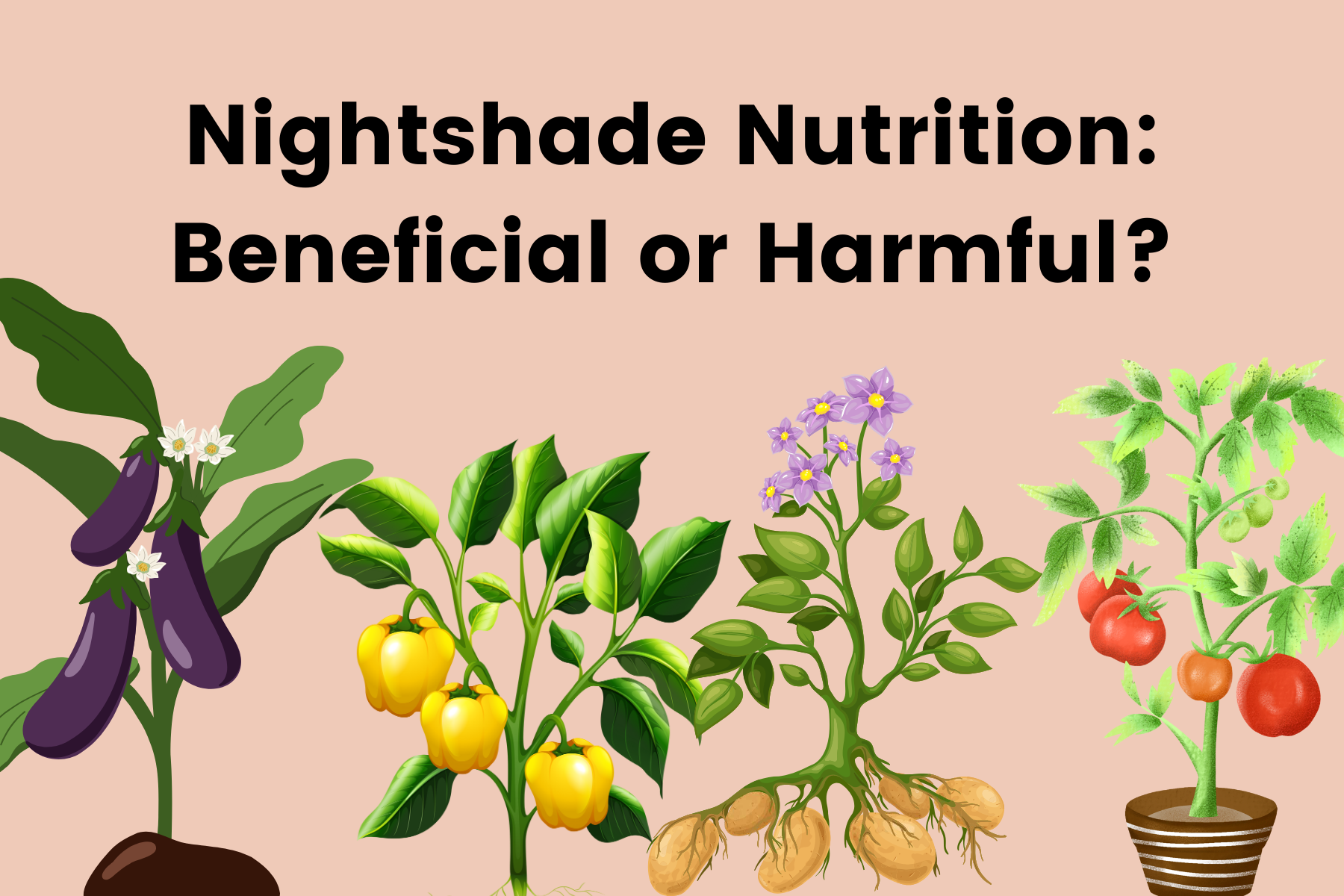Nightshades have been the subject of much debate and controversy in recent years. From claims of causing inflammation to being hailed as superfoods, the conversation surrounding nightshades is varied. But what does science have to say about these intriguing botanicals? Let's separate fact from fiction.
What are Nightshades?
Nightshades belong to the Solanaceae family, which includes over 2,000 species of flowering plants. Some common edible nightshades include tomatoes, potatoes, eggplants, and bell peppers, while others, like tobacco and belladonna, are toxic and not for consumption.
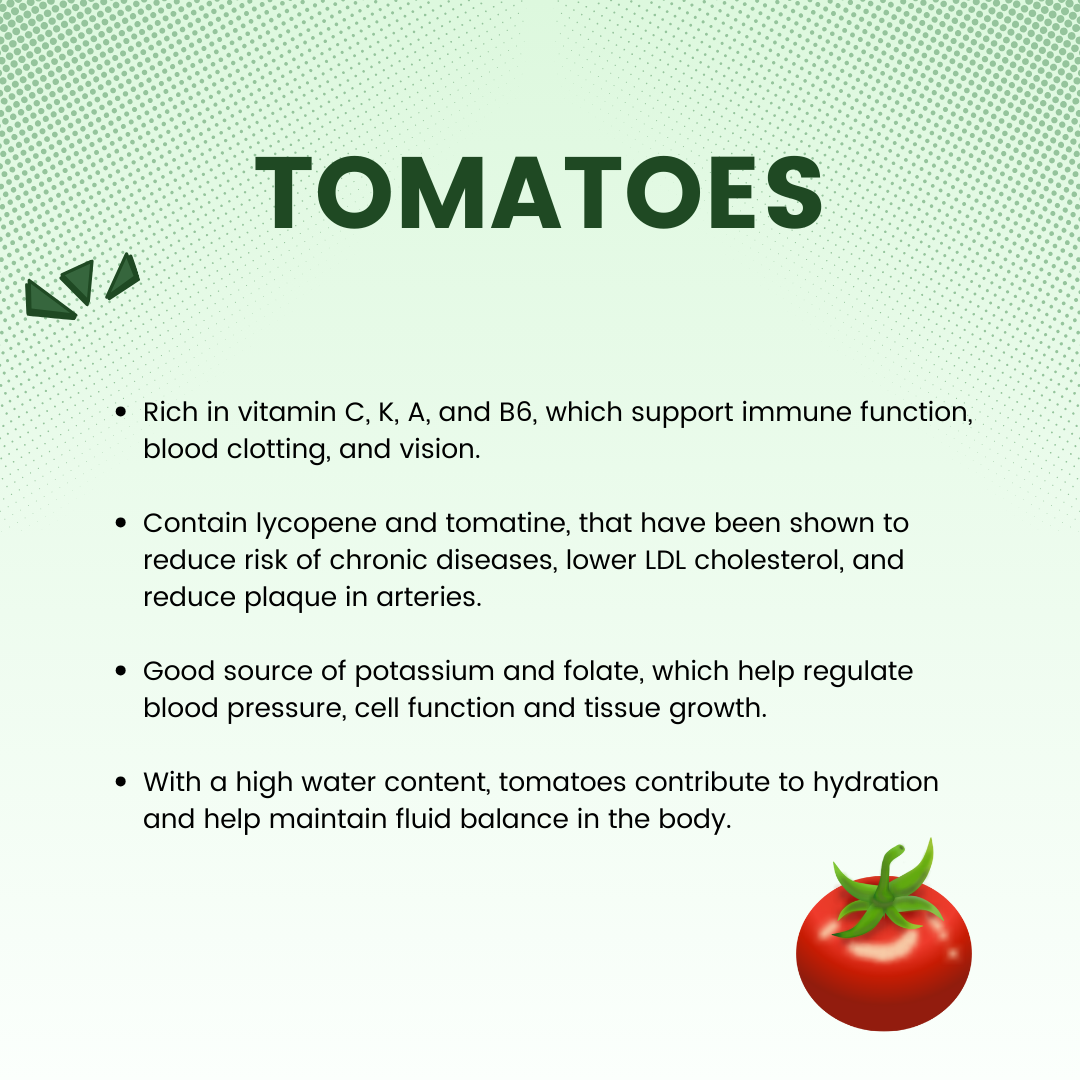
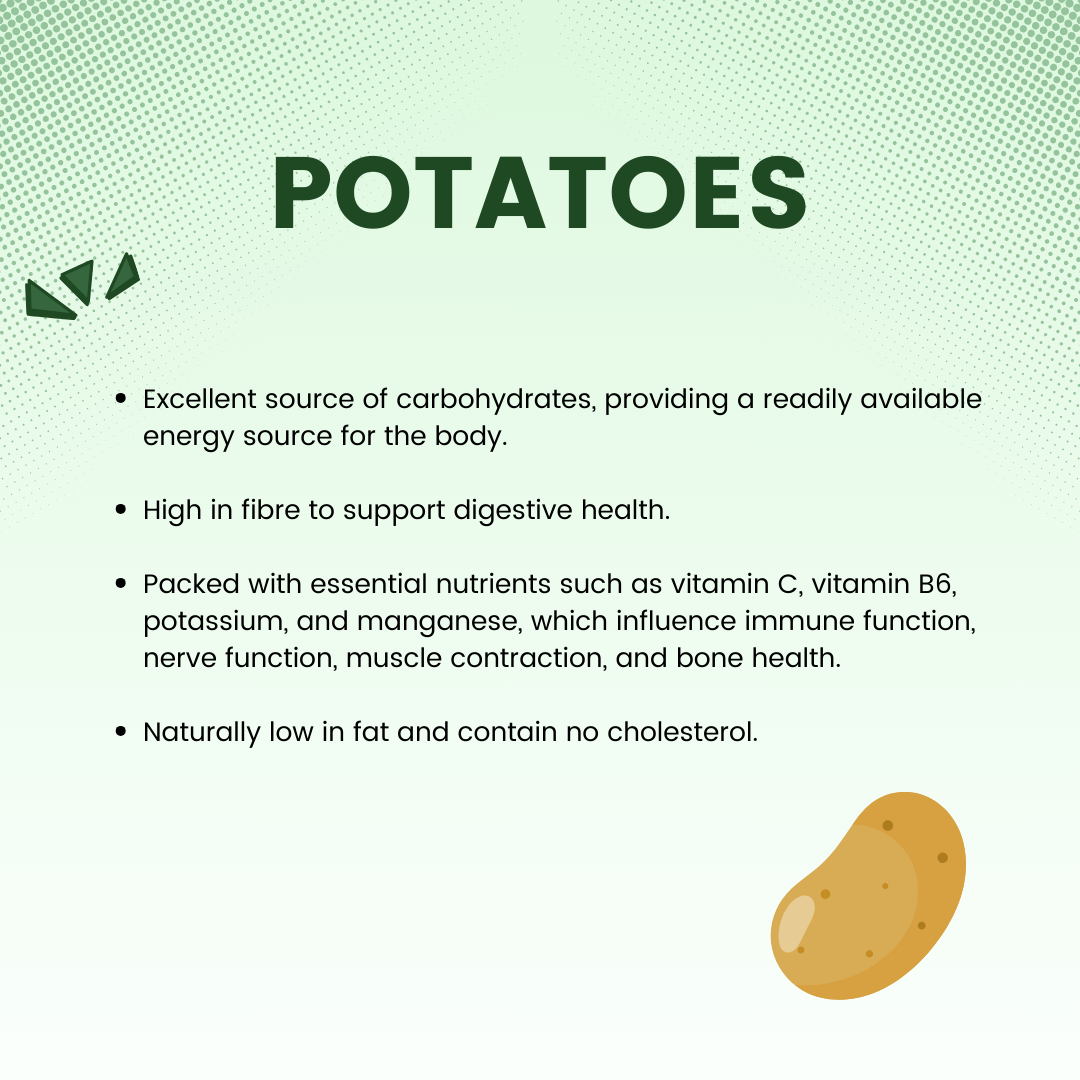
The Inflammation Debate
One of the most contentious issues surrounding nightshades is their proposed link to inflammation. Some individuals claim that consuming nightshade plants exacerbates conditions like arthritis and other inflammatory diseases. However, scientific evidence on this topic is proving that there is insufficient evidence to support these ideas - particularly in tomatoes!
Nutritional Benefits
On the flip side, nightshade plants offer a host of nutritional benefits. Tomatoes, for example, are rich in vitamins A and C, as well as antioxidants like lycopene, which has been linked to a reduced risk of certain cancers. Similarly, potatoes are an excellent source of potassium, vitamin C, and fiber, while bell peppers are packed with vitamin C and various phytonutrients.
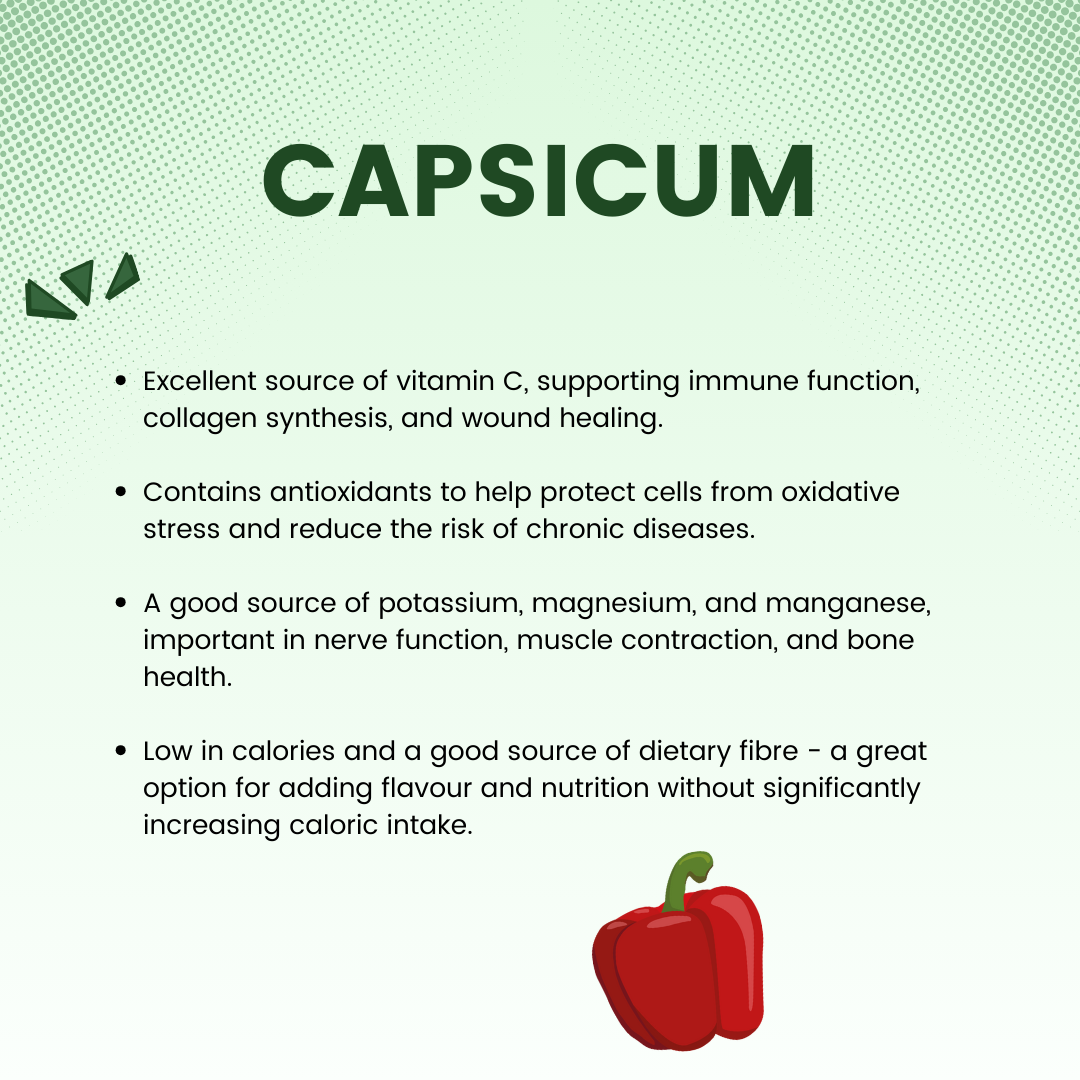
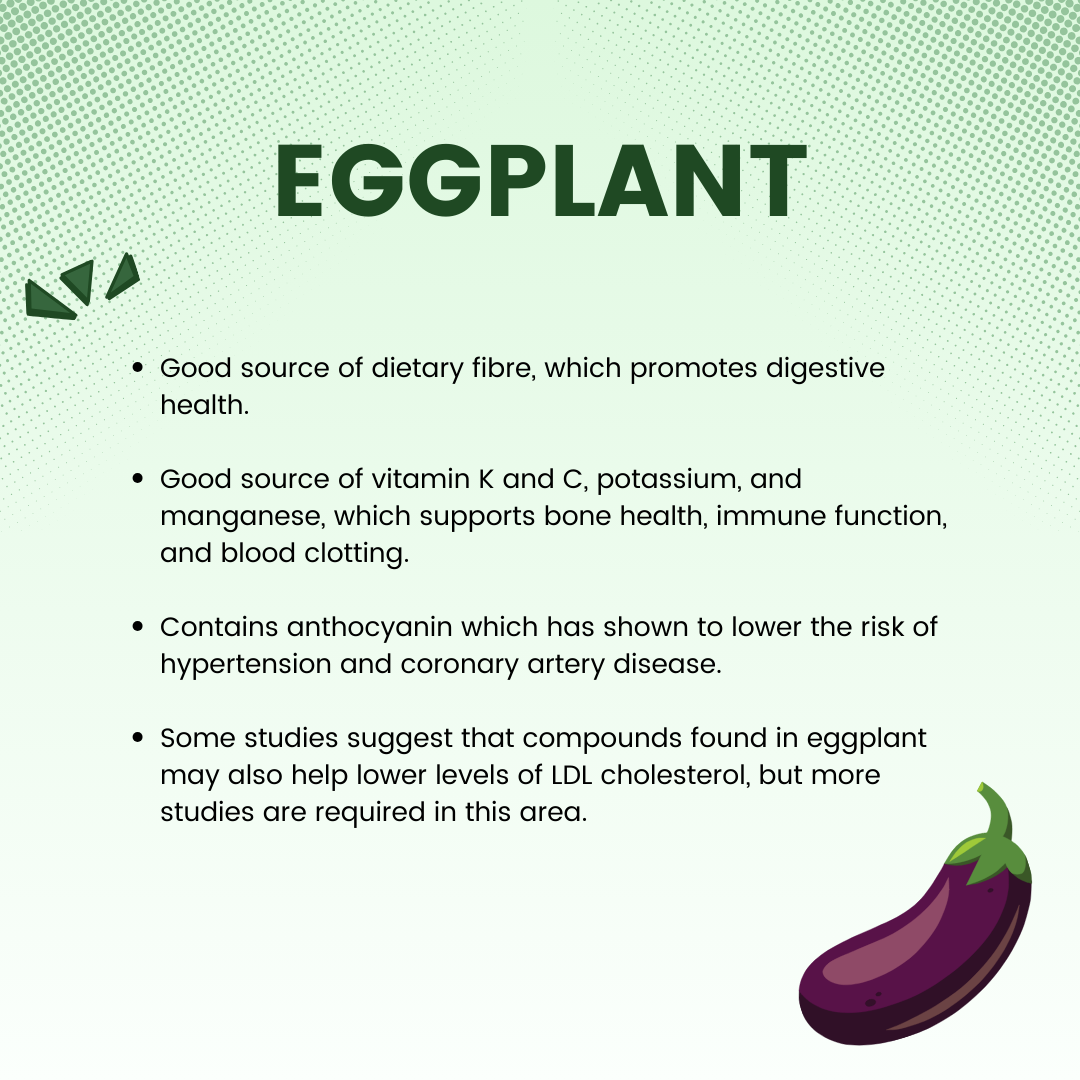
Individual Sensitivities
While the scientific evidence does not support the notion that nightshades are inherently inflammatory, it's important to acknowledge that individual sensitivities can vary. Some people may experience reactions to certain nightshade plants, such as gastrointestinal discomfort or skin reactions. However, these are rare and are not indicative of a widespread issue with nightshade consumption.
Nightshades are a diverse group of plants that have been both vilified and celebrated. While the rare individual may experience a somewhat negative reaction to these vegetables, current research does not support the idea that nightshades are universally inflammatory or have an adverse reaction to us humans. Instead, they offer a range of nutritional benefits and may even possess anti-inflammatory properties, and we recommend to include them in abundance - that's why we include a wide-range of them in our meals!
As with any dietary choice though, it's essential to listen to your body and consult with a healthcare professional if you have concerns about how nightshades may impact your health.



